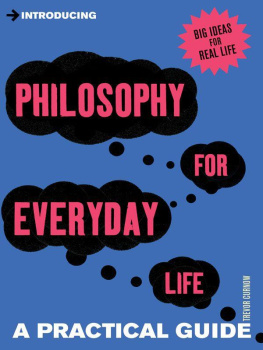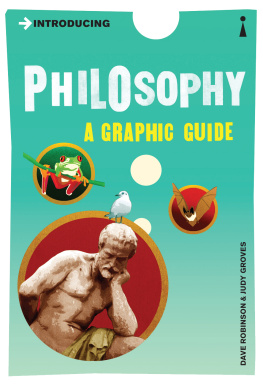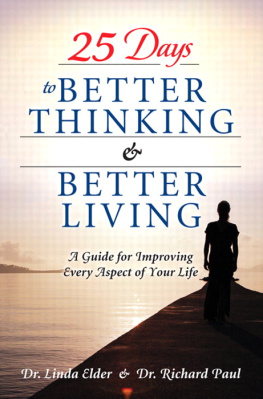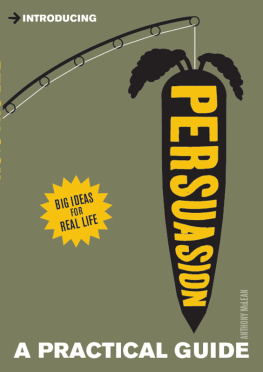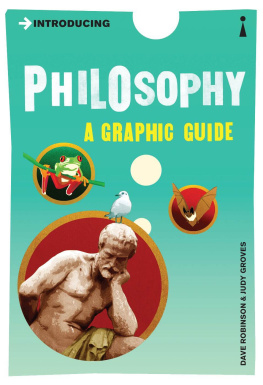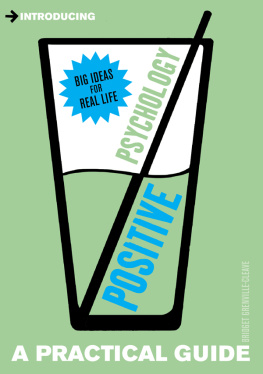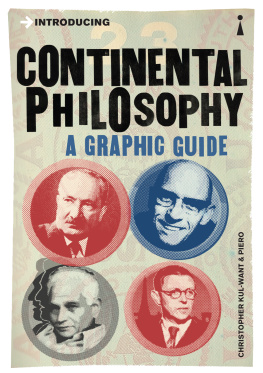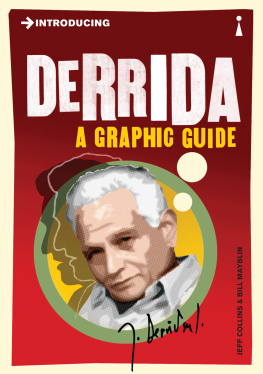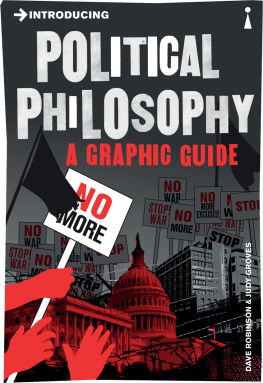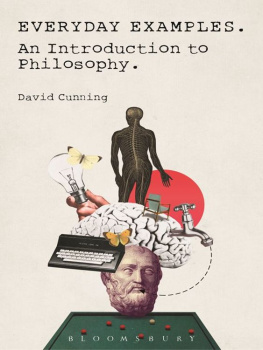
First published in the UK in 2012
by Icon Books Ltd,
Omnibus Business Centre,
3941 North Road,
London N7 9DP
email:
www.iconbooks.co.uk
This electronic edition published in the UK in 2012 by Icon Books Ltd
ISBN: 978-1-84831-357-6 (ePub format)
ISBN: 978-1-84831-358-3 (Adobe eBook format)
Printed edition sold in the UK, Europe,
South Africa and Asia
by Faber & Faber Ltd,
Bloomsbury House,
7477 Great Russell Street,
London WC1B 3DA
or their agents
Printed edition distributed in the UK, Europe,
South Africa and Asia
by TBS Ltd,
TBS Distribution Centre,
Colchester Road,
Frating Green,
Colchester CO7 7DW
Printed edition published in Australia in 2012
by Allen & Unwin Pty Ltd,
PO Box 8500, 83 Alexander Street,
Crows Nest, NSW 2065
Printed edition distributed in Canada
by Penguin Books Canada,
90 Eglinton Avenue East, Suite 700,
Toronto, Ontario M4P 2Y3
Printed edition published in the USA in 2012
by Icon Books
Inquiries to: Icon Books Ltd,
Omnibus Business Centre,
3941 North Road,
London N7 9DP, UK
Printed edition distributed to the trade in the USA
by Consortium Book Sales
and Distribution
The Keg House, 34 Thirteenth
Avenue NE, Suite 101,
Minneapolis, MN 55413-1007
Text copyright 2012 Trevor Curnow
The author has asserted his moral rights.
No part of this book may be reproduced in any form, or by any means, without prior permission in writing from the publisher.
Typeset in Avenir by Marie Doherty
About the author
Trevor Curnow comes from Cornwall and is presently professor of philosophy at the University of Cumbria. At one time or another he has taught philosophy at every level, from absolute beginners up to PhD students. He gave up his first teaching job to hop on a bus to Kathmandu and go backpacking around Asia for a year or two, eventually returning via the Trans-Siberian Railway. He then taught philosophy at the University of Khartoum in the Sudan until a coup intervened. He has worked outside the academic world at various times as a journalist, researcher and paperboy. He has published a number of books on philosophy, including Ancient Philosophy and Everyday Life . He is also an internationally recognized authority on oracles and the study of wisdom.
For Nicky
For everything, but especially the fun
Acknowledgements
Thanks to Katie Roden for bringing me this project, to Duncan Heath and Harry Scoble of Icon Books for their editorial support, and to Nicky Metcalfe Meer for being my muse.
Contents
Introduction
What is the use of studying philosophy if it does not improve your thinking about the important questions of everyday life?
Ludwig Wittgenstein
What does philosophy have to do with everyday life? Everything! In fact, everyday life is precisely what philosophy is for. Centuries before the first self-help book ever appeared, people were turning to philosophy for guidance on how to live. This book will show you how philosophy can help to improve your thinking about everyday life. And by improving the quality of your thinking about it, you can in turn improve the quality of your life . That may sound like a bold claim, but it is one that is based on a very simple idea how you think influences how you act. If you think that a road leads to where you want to go, you will take it. If you think it leads in the opposite direction, you will not. If what you think is right, you will get to where you want to go. If what you think is wrong, you will not. Thinking one way leads to success, thinking the other way leads to failure. So improving your thinking leads to making better decisions, and making better decisions leads to a better life.
However, we can get things wrong for a variety of reasons and unfortunately philosophy is not going to solve all of lifes problems. It will not help you win the lottery or become irresistibly attractive to other people. What it will do is make you more aware of what you think and why. Once you become aware of what you think, you can challenge it and change it.
But surely we are already aware of what we think and why? We are, but only up to a point. We spend much of our lives on mental autopilot and carry around large quantities of baggage that we have forgotten we ever took on board. If our minds were libraries, a lot of the books on the shelves would have acquired a thick layer of dust. Many would probably be out of date or shelved in the wrong place, and the librarian would have gone home ages ago, leaving nobody in charge. But if no one is running things, then things may be running us; if you are not in control of your thoughts and beliefs, then they may be controlling you. Philosophy helps you to take back control of your thinking. Philosophy helps you to think for yourself.
Far from being the kind of abstract and pointless theoretical exercise that some people seem to assume it is, philosophy has a long history of being both relevant and radical. That is why philosophers have sometimes found themselves the victims of persecution. Between the execution of Socrates in 399 BC and the death under interrogation of Jan Patoka in 1977, many philosophers suffered in one way or another for their beliefs. Philosophy can be a risky business, especially if thinking for yourself leads you to hold unpopular views.
This book is not a course in philosophy, but by working through it you will become more aware of what you think about various things and why. As a result you may change the way that you approach some of lifes questions. Even if your thinking does not change, you should arrive at a better understanding of why you think what you do.
Each chapter gives you something different to think about and something to do. There are many different topics to choose from and it does not particularly matter which order you take them in, although I recommend you look at last. Otherwise, feel free to dip into any topic that interests you. You will often see this sign followed by a number. It directs you to another chapter of the book that has something to say about a related topic. You can use these arrows to construct your own route through the book.
Some of the problems you will encounter have been exercising philosophers for centuries, so take your time. Often there is no definite or agreed answer, but you will always be given guidelines to help you approach the problem in a constructive way. At the end of most chapters you are given something to think about, but do not just do it once and forget about it do it over and over again until it becomes second nature.
This book is not a history of philosophy. However, because that history contains a lot of interesting characters you will find thumbnail sketches of some of the most interesting ones scattered throughout the text. They will be with you on your journey, so you will be in good company.
Now it is time for you to take the first step.
The job to be done in philosophy is really more a job on oneself .
On ones own viewpoint. On how one sees things .
Ludwig Wittgenstein.
1. The examined life
The unexamined life is not worth living .
Socrates

Philosophy invites us to examine our lives, and offers us the means of doing so. By becoming more aware of what we believe, we can challenge our beliefs and, if we wish, change them.
Socrates was one of the most famous philosophers of all time and he spent a lot of his own time going around annoying people. Philosophers, and philosophy, can be annoying. Its easy to become comfortable with the ideas and opinions we have, whether they are right or wrong. If they are challenged, we may begin to feel very uncomfortable. What Socrates discovered was that if you persistently question people about things they think they know, even if they are supposed to be experts on the subject, they often find it difficult to come up with satisfactory explanations or justifications. Unsurprisingly, few people in Athens thanked him for his troubles and he became very unpopular amongst certain sections of Athenian society. Although he was by no means the first philosopher, he seems to have been the first to make constant questioning the basis of his approach. It was through constant questioning that Socrates examined both his own life and the lives of others.
Next page
